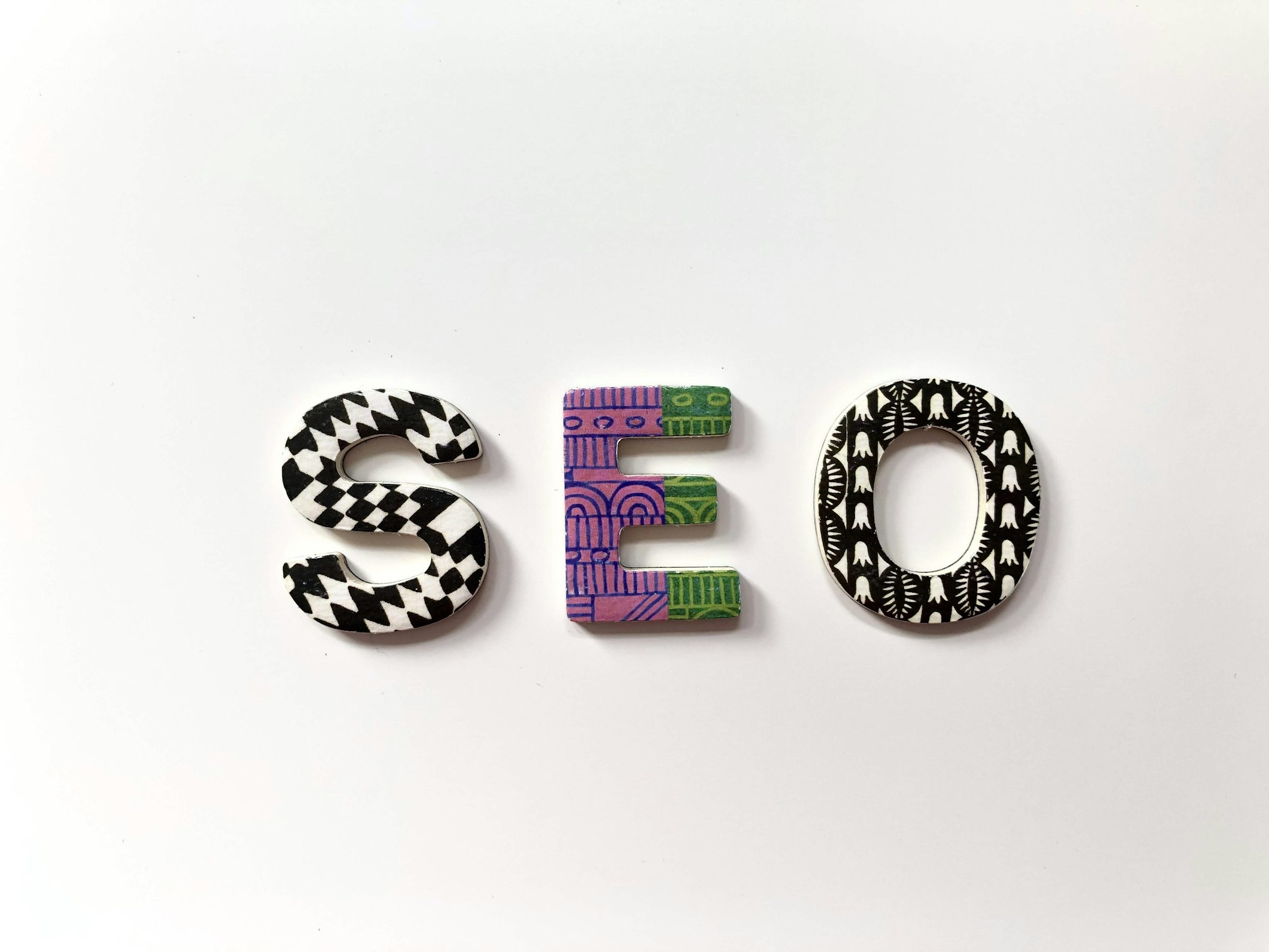Exploring the Importance of Backlinks in Off-Page SEO
Backlinks, also referred to as "inbound links" or "incoming links," are critical for a successful off-page SEO strategy. They serve as endorsements from other websites, signaling to search engines like Google that your site is credible, authoritative, and trustworthy. The concept is simple: when other websites link to your content, it shows that they find your information valuable and worth sharing.
Search engines use backlinks as one of their primary ranking factors. A website with a strong backlink profile often ranks higher than competitors with weaker profiles, even if their content quality is similar. Along with boosting rankings, backlinks play a pivotal role in driving referral traffic, enhancing user engagement, and improving conversion rates.
However, it’s important to focus on quality over quantity. A few high-quality backlinks from reputable, high-authority domains are far more beneficial than hundreds of low-quality links from irrelevant or spammy sites. A diverse backlink profile that includes links from various sources—blogs, news sites, forums, and social media platforms—contributes to a robust and natural SEO strategy.
Strategies for Building High-Quality Backlinks
To maximize the benefits of backlinks, it’s essential to focus on strategies that prioritize quality, relevance, and sustainability. Here are some effective methods to build a strong backlink profile:
1. Guest Blogging
Guest blogging involves creating high-quality content for other websites in exchange for a backlink to your own. This strategy not only earns you backlinks but also positions you as an authority in your industry. When choosing sites for guest blogging:
- Target websites with high domain authority (DA).
- Ensure the website's audience aligns with your target demographic.
- Avoid low-quality websites that publish generic or spammy content.
For example, if you run a fitness blog, contributing a detailed article about "Top 10 Workout Routines" to a popular health and wellness site can earn you a valuable backlink while driving targeted traffic.
2. Create Shareable Content
Content that is unique, informative, and visually appealing is more likely to be shared and linked back to. Examples of shareable content include:
- Infographics: Visual representations of complex data or processes that are easy to share.
- Original Research: Studies or surveys that provide new insights into industry trends.
- How-To Guides: Step-by-step instructions that solve a problem or answer a question.
Promoting your content on social media platforms and through email marketing campaigns can increase its reach, enhancing the chances of earning organic backlinks.
3. Broken Link Building
Broken link building is an effective way to earn backlinks by identifying broken links on other websites and suggesting your content as a replacement. Tools like Ahrefs, Screaming Frog, or SEMrush can help you locate broken links on high-authority sites within your niche. Reach out to the website owner, inform them of the broken link, and propose your content as an alternative.
This strategy works well because it offers value to the website owner by helping them fix an issue while also benefiting your backlink profile.
4. Build Relationships in Your Industry
Networking is a powerful tool in the world of SEO. By building genuine relationships with influencers, bloggers, and industry leaders, you increase the likelihood of earning backlinks naturally. Engage with their content, share their posts, and offer value to their audience. Over time, these relationships can lead to collaborative opportunities, including guest posts, interviews, and mentions.
Importance of Anchor Text in Backlinking
Anchor text is the clickable text in a hyperlink, often displayed in blue and underlined. It plays a crucial role in both user experience and SEO. Properly optimized anchor text can:
- Provide context about the linked content to search engines.
- Improve the relevance of your backlinks.
- Enhance the user experience by offering descriptive and relevant links.
Best Practices for Anchor Text
- Use Descriptive Text: Ensure the anchor text accurately describes the content it links to.
- Avoid Over-Optimization: Excessive use of keyword-rich anchor text can trigger penalties from search engines.
- Diversify Anchor Text: Use a mix of branded, generic, and exact-match keywords to keep your profile natural.
For instance, instead of writing "click here," use anchor text like "explore our backlinking strategies" to make the link more descriptive and valuable.
Tracking and Measuring Backlink Success
Monitoring the performance of your backlinks is essential for refining your SEO strategy. Tools like Google Analytics, Ahrefs, and Moz offer insights into:
- Referral Traffic: The amount of traffic directed to your site from backlinks.
- Domain Authority: The quality and authority of the linking websites.
- Anchor Text Distribution: The types of anchor text used in your backlinks.
By analyzing these metrics, you can identify which strategies are working and where improvements are needed.
Common Backlinking Mistakes to Avoid
While backlinks are essential for SEO success, certain practices can harm your rankings. Avoid these common pitfalls:
- Buying Links: Paid links violate Google's guidelines and can result in penalties.
- Overloading with Low-Quality Links: Links from spammy or irrelevant sites can negatively impact your rankings.
- Neglecting Anchor Text Diversity: Repetitive or overly optimized anchor text can appear unnatural to search engines.
At Budget SEO, we specialize in ethical backlinking strategies that drive results without risking penalties. Visit our services page to learn more.
Budget SEO: Your Partner in Backlinking Success
At Budget SEO, we understand the power of backlinks in driving organic traffic and improving search engine rankings. Our services include:
- Free blog titles, descriptions, and ready-to-publish SEO-optimized articles in HTML or Markdown.
- Tailored backlink strategies designed to enhance your website’s authority.
- Comprehensive performance tracking to ensure measurable results.
Ready to take your backlinking strategy to the next level? Contact us today for a free consultation or explore our SEO tools to boost your content creation process.
Would you like us to help optimize your content for backlinks or create a custom plan? Let us know how we can assist you!










